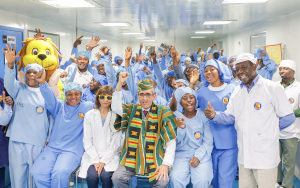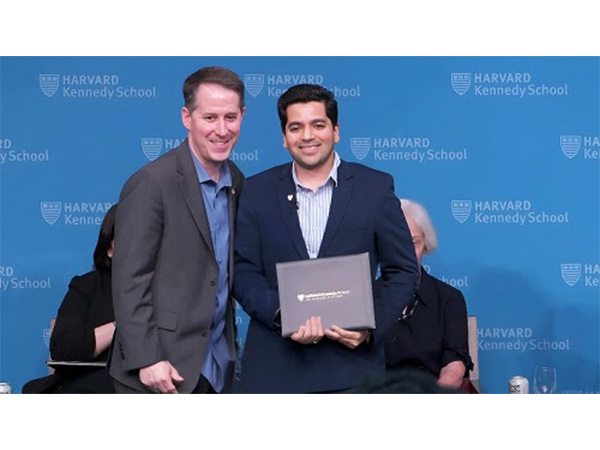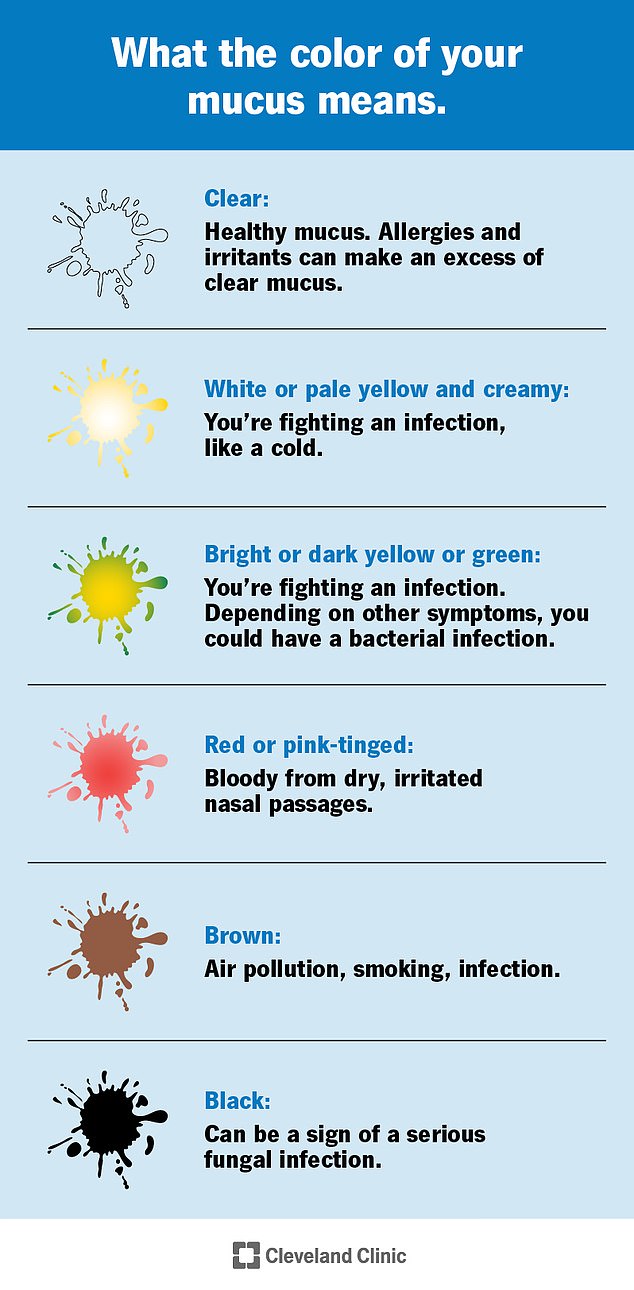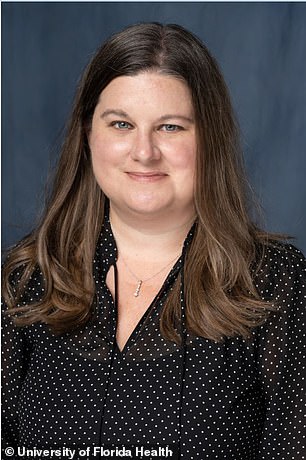
In a filmic experience that touched the hearts of many throughout the nation, healthcare innovators Unichem Group, in partnership with Luex Healthcare UK, launched their acclaimed documentary,“A"Come Together Now," for public awareness.
In a realm where heritages are frequently passed down,thisone that was achieved amidst challenges, dedication, and the unspoken resilience of a family that would not collapse.
At the heart of the narrative is Dr. H.D. Mohan, a person who left school at 12 and was uprooted during the Partition of Sindh in 1947, an event that marked one of the most harrowing mass movements in recent history.
Numerous Sindhi Hindus, like him, left their native land during a period of turmoil and bloodshed, ultimately discovering safety and direction in Africa.
Dr. Mohan traveled to Liberia in West Africa, where he reestablished his life and established a successful pharmaceutical company. He didn't merely sell medications; he became the reliable link between West Africa and major global companies such as Pfizer and Boots, assisting in introducing international standards and life-saving products to new areas. For Dr. Mohan, this was not just a business venture, but a mission: to heal with respect, to serve with modesty, and to lead with passion.
But in 1989, Liberia was engulfed by civil war. The business was lost. Once more, everything was destroyed. Records were gone, assets wiped out, twice uprooted, twice left with nothing, yet he started over. This time, in Ghana, not with resentment, but withboundless humility. Not to gain riches, but to regain wellness.
With him during the company's most critical years was his son, Sir Raj Mohan, currently serving as the Executive Chairman of Unichem Group.
A powerful yet subtle figure, Sir Raj, during the civil unrest in Liberia, played a key role in rebuilding the company from scratch in Ghana in 1992, bringing with it a stronger spiritual dimension.
He has brought spiritual depth, ethical clarity, and a sense of purpose across generations to the company. With his leadership, Unichem evolved from a family-owned business into a true business family. And it is by his consistent guidance that the company now has a presence throughout the continent.
Extending this vision around the world is Sunil Mohan, CEO of Luex Healthcare UK, whose international leadership has turned the Luex name into a representation of medical reliability and moral affordability.
In the past 30 years, with Mr. Sunil at the helm, Luex's main products have become essential in Africa, such as: Luex Cough Syrup – Preferred by more than 100 million individuals over the last 20 years.
Other options include Mycolex – an antifungal treatment endorsed by the Dermatology Society, and Metrolex-F – a reliable therapy for infectious diarrhea, known for saving millions of lives.
Backing the larger vision is Vishaal Mohan, the oldest of the Mohan brothers. Mr. Vishaal serves as CEO of Unichem Ghana, and his strategic guidance keeps steering the company's direction with honesty as he leads one of the most energetic and capable pharmaceutical marketing teams in the region.
Among the leading figures is Jason Nana Yaw Mohan, CEO of Unichem Industries, who is a well-known and influential presence in the nation's healthcare sector. With his charm, humility, and strong dedication to building a lasting impact, Jason has been instrumental in keeping the Unichem narrative closely tied to the communities it supports, not only through pharmacies but also within local areas and worldwide.
In addition to its filmic excellence, the documentary stands as an archival achievement and includes more than 50 perspectives from various sectors within the healthcare field:
From pharmacists to decision-makers, physicians to suppliers, government representatives to local collaborators, each provides a perspective on the human essence within the brand.
Among the numerous strong acknowledgments: Dr. Bernard Toboh, prominent urologist:They have established themselves as a pioneer in unyielding Quality Healthcare.”
Presented by Natalie Fort, the opening screenings highlighted that Unichem is more than just a pharmaceutical company. It is a dynamic narrative, reflecting perseverance, transformation, and innovative leadership.
And it serves as a reminder that certain legacies are not passed down — they are gained, each and every day.













